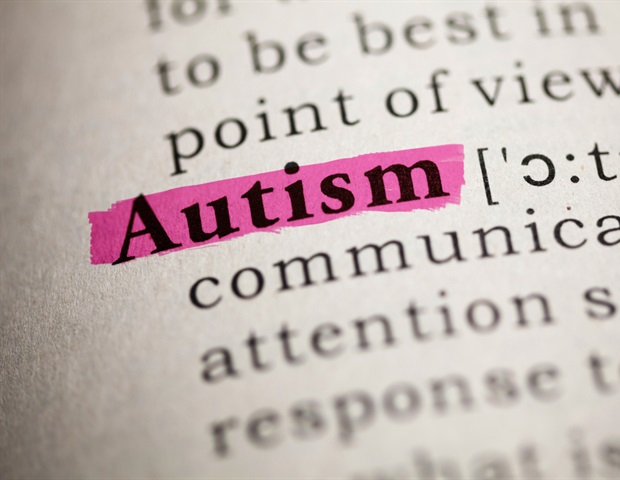One of the primary aspects that home study providers, adoption agencies and birth parents consider is the physical health of prospective adoptive parents. This goes beyond the absence of chronic illnesses, although it’s a crucial component.
Sometimes, age plays a significant role in this process—age-related health issues can impact an individual’s ability to care for a child. Older parents may be more prone to health challenges that could hinder the capacity to provide the care and support a child’s needs. While age alone does not disqualify anyone from adoption, it does play a factor in getting selected by an expectant parent.
Additionally, certain lifestyle choices including smoking or excessive alcohol consumption, can negatively impact the parents’ health. In turn, this can affect their ability to provide a stable and nurturing environment for a child. If there are significant concerns in this area, a family may not be able to get an approved home study.
It’s important to understand that the physical criteria are not put in place to exclude prospective parents but to ensure they are equipped to meet the demands of parenthood. It’s a measure taken to safeguard the best interests of the child.

Emotional health
Emotional stability is a fundamental element in creating a nurturing and supportive environment for an adopted child. It’s not about being perfect or having positive relationships with every member of your extended family, but it’s key that adoptive parents demonstrate resilience when it comes to the necessary emotional support for a child.
Adopting a child comes with unique emotional challenges. It is a journey filled with uncertainties, complexities and long waiting periods. Prospective parents need to be emotionally prepared to handle the rollercoaster of feelings that can come with the process.
Home study providers look for indicators of emotional stability during the evaluation process. This includes assessing how parents cope with stress, manage their emotions and maintain healthy relationships. For couples who are adopting, a strong and supportive partnership is vital for the well-being of the child.
Mental health
Talking about mental health shouldn’t be taboo—it should be discussed openly and honestly with the social worker completing your home study. Specific mental health conditions do not disqualify someone from adoption. However, it is essential to understand how these conditions might affect the adoption process and the emotional welfare of the child. Being forthcoming about your mental health history allows adoption professionals to make informed decisions and provide the necessary support.
It’s worth noting that mental health support is essential not only for the well-being of the child but also for the prospective parents themselves. The adoption journey can be emotionally taxing, and having the right support system in place and access to mental health resources can make a significant difference.

Financial stability
Adopting a child is a significant financial commitment—from the immediate costs of adoption to the long-term financial stability required to provide a secure and nurturing environment for the child.
Adoption agencies assess a family’s financial stability to ensure prospective parents can provide a safe home, adequate nutrition, education and access to healthcare. Demonstrating financial stability is not about wealth—it’s about the ability to provide for the child’s overall well-being. Prospective adoptive parents should be prepared to discuss their financial situation openly throughout the adoption process.
The support system
Throughout the adoption journey, a strong support system is a saving grace. Potential parents need a network of friends and family who can provide emotional, practical and sometimes even financial support. This network can positively impact the adoption process, particularly when dealing with health-related challenges.
Having a support system in place benefits the parents and builds a more stable and nurturing environment for the child. I’ve witnessed firsthand how providing additional people to love and support the adoptive children makes a world of difference.

 PARENTING TIPS
PARENTING TIPS PREGNANCY
PREGNANCY BABY CARE
BABY CARE TODDLERS
TODDLERS TEENS
TEENS HEALTH CARE
HEALTH CARE ACTIVITIES & CRAFTS
ACTIVITIES & CRAFTS


